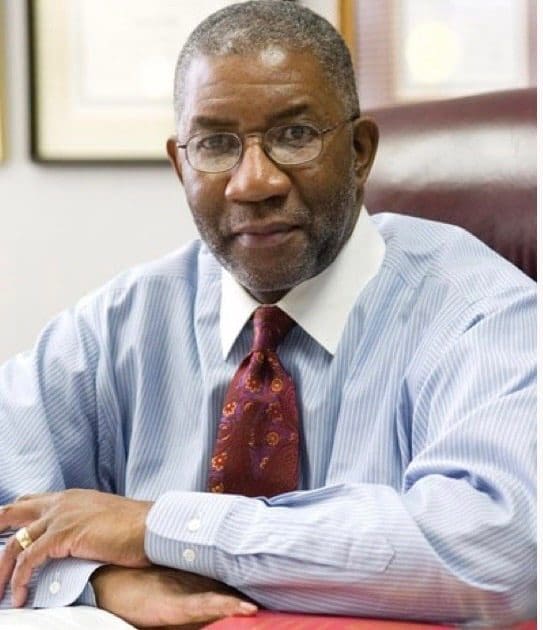Each April 4, I remember Dr. Martin Luther King Jr., murdered on that date in 1968, 44 years ago in Memphis, Tenn., while supporting sanitation workers struggling to be paid decent wages and treated with dignity.
On the eve of his assassination, King uttered his memorable statement about having been to the mountaintop and viewed the Promised Land of freedom and equality for people in the United States.
Today, Barack Obama, a black man born in Hawaii, is president of the United States.
Hillary Rodham Clinton, a woman born in Illinois, is secretary of the State Department.
Eric Holder, another black man, is attorney general for the Department of Justice.
Sonia Sotomayor and Elena Kagan are associate justices of the Supreme Court.
During Obama’s presidency, the United States enacted landmark legislation aimed at providing affordable access to health care to more of its people.
Perhaps these remarkable developments were part of what King envisioned during his mountaintop experience.
April 4 is also the anniversary of King’s prophetic sermon – “Beyond Vietnam: A Time to Break Silence” – during which he publicly called for an end to U.S. military involvement in southeast Asia.
Unfortunately, people behave as if King said nothing more profound or important than his “I Have a Dream” oration during the 1963 march on Washington.
But King’s April 4, 1967, sermon from the pulpit of Riverside Church in New York City was a prophetic shot across the bow of the U.S. military adventurism, materialism and racism.
After setting out the compelling factors that led him to demand an end to U.S. military occupation of southeast Asia, King added the following insightful commentary about U.S. public policy and social justice.
“I am convinced that if we are to get on the right side of the world revolution, we as a nation must undergo a radical revolution of values. We must rapidly begin… the shift from a thing-oriented society to a person-oriented society,” said King. “When machines and computers, profit motives and property rights, are considered more important than people, the giant triplets of racism, extreme materialism and militarism are incapable of being conquered.”
He said, “A true revolution of values will soon cause us to question the fairness and justice of many of our past and present policies. On the one hand, we are called to play the Good Samaritan on life’s roadside, but that will be only an initial act. One day we must come to see that the whole Jericho Road must be transformed so that men and women will not be constantly beaten and robbed as they make their journey on life’s highway.”
King said, “America, the richest and most powerful nation in the world, can well lead the way in this revolution of values. There is nothing except a tragic death wish to prevent us from reordering our priorities so that the pursuit of peace will take precedence over the pursuit of war. There is nothing to keep us from molding a recalcitrant status quo with bruised hands until we have fashioned it into a brotherhood.”
King was murdered in Memphis a year after uttering those words.
Forty-five years later, the United States is waging war in Afghanistan, another part of Asia, after having almost a decade-long war effort in Iraq.
Forty-five years later, the American economy remains enslaved to crass materialism.
Forty-five years later, it is still common to find black people like Trayvon Martin murdered without sensible and responsible action by the justice apparatus of our society.
Forty-five years later, King is no longer remembered as a federally hounded and investigated suspected enemy of the state because he called our nation to account.
As I reflect on the present state of our political discourse where greed and avarice are now considered virtues by current presidential candidates and other political figures, I remember King: “A nation that continues year after year to spend more money on military defense than on programs of social uplift is approaching spiritual death.”
Remembering King, I see where we are and seem to be content to go. And I tremble for our society and world. Yet in the spirit of Easter and resurrection of Jesus, I dare and somehow find strength to hope.
Wendell L. Griffen is pastor of New Millennium Church and a circuit judge in Little Rock, Ark. His sermon manuscripts appear on EthicsDaily.com.
Pastor at New Millennium Church in Little Rock, Arkansas, a retired state court trial judge, a trustee of the Samuel DeWitt Proctor Conference, author of two books and three blogs, a consultant on cultural competency and inclusion, and a contributing correspondent at Good Faith Media.

